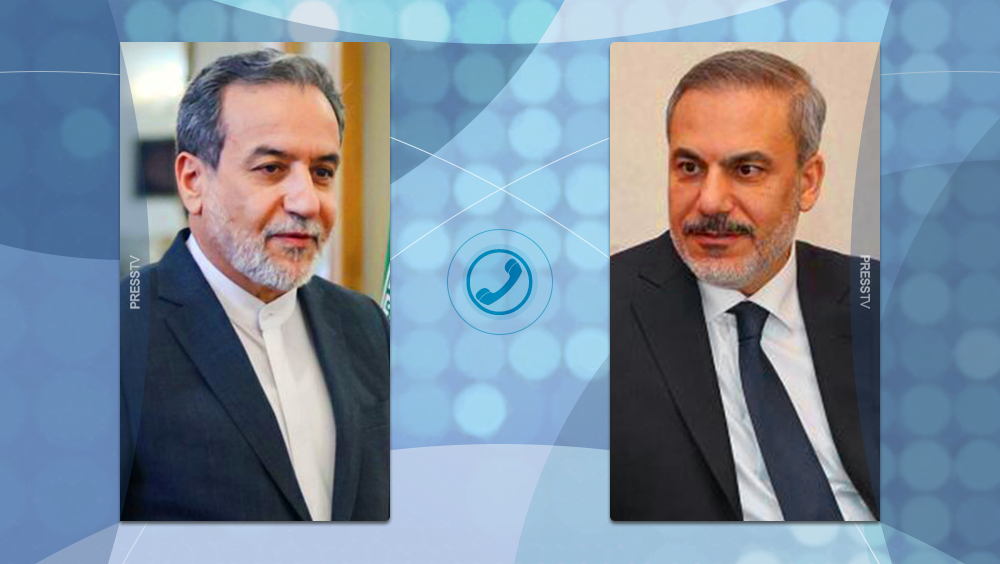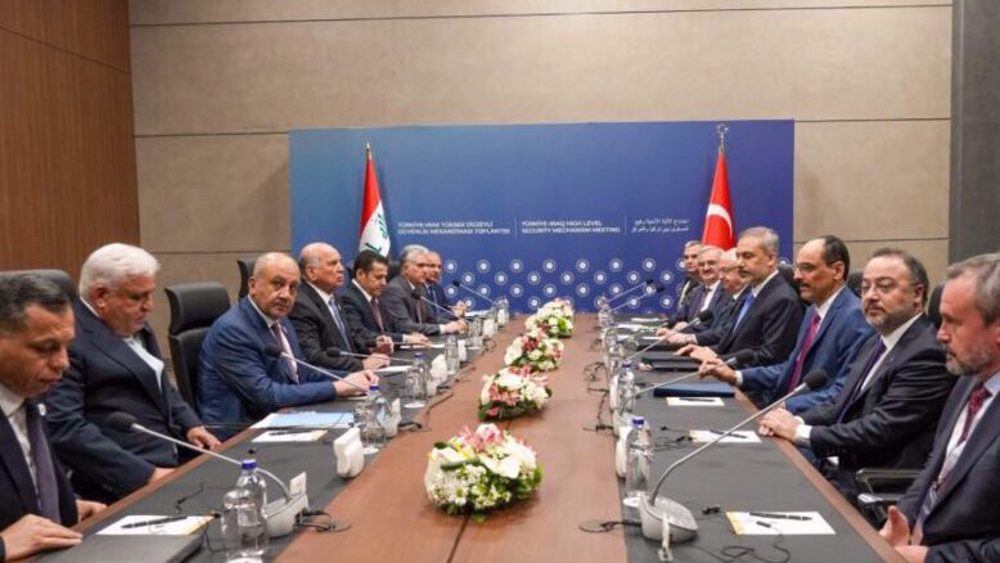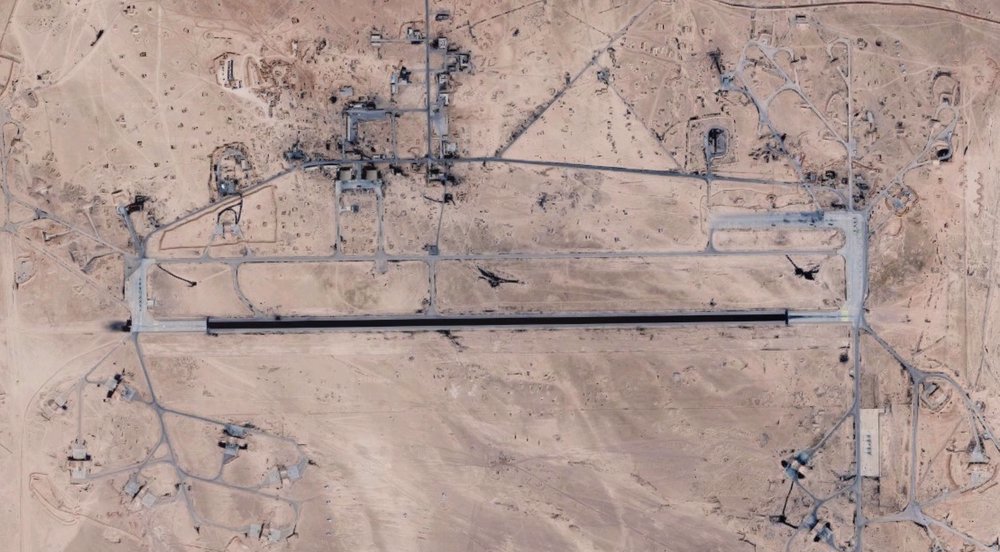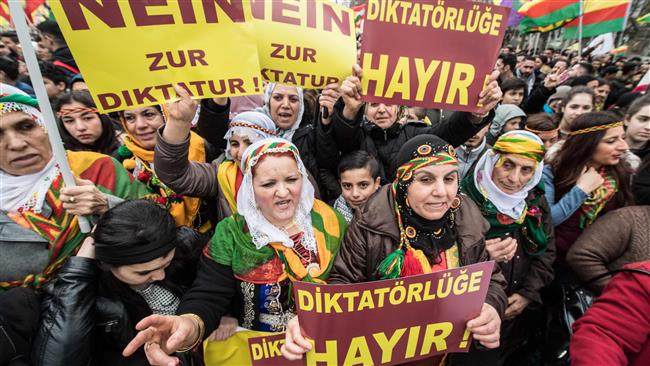Germany abetting terrorists, reviving Nazism: Turkey’s Erdogan
Turkish President Recep Tayyip Erdogan has accused Germany of supporting terrorists and reviving Nazism as tensions heighten between the two sides over the cancellation of pro-Erdogan rallies in the European country.
“At present, Germany is abetting terrorists. I speak frankly. And they go crazy when I say ‘They resurrected Nazism.’ Why are you going crazy? That’s what you are doing,” Erdogan said in an interview with broadcaster A Haber late on Tuesday.
Turkey’s dispute with the European Union erupted in March after several EU member states, notably Germany and the Netherlands, blocked Turkish ministers from holding rallies to secure a 'Yes' vote in the April 16 referendum on expanding Erdogan's powers, citing public safety concerns.
Erdogan accused the European countries of acting like "Nazis” and giving sanctuary to terrorists who back Kurdish forces and last July's failed military coup.
“You will harbor and feed thousands of PKK [Kurdistan Workers’ Party] members; I will give you 4,500 cases and you will examine these cases but won’t hand them over to me. But then you will come and will ask one agent-terrorist from me,” Erdogan said, referring to German Chancellor Angela Merkel’s call for the release of Turkish-German journalist Deniz Yucel.
Read more:

Yucel, a reporter for Germany's Die Welt newspaper, was taken into custody in February on charges of spreading “terrorist propaganda.”
At that time, Erdogan said Yucel had been sheltered at the German Consulate in Istanbul for nearly a month before being arrested.
Elsewhere in his Tuesday interview, the Turkish president said, “She (Merkel) defends this dual German-Turkish citizen in such a way. I give you 4,500 dossiers. Why don’t you try these people and hand [them] over... to us? They are PKK terrorists... I will continue to say that you are implementing Nazism as long as you don’t give them.”
Erdogan also accused Germany of having ignored its Turkish community.
“Germany disregarded our three million citizens living there. This negligence shown to us from a country with which we have very advanced relationship is hard to accept," he said.

Iran, Turkey foreign ministers discuss Muscat talks, other regional issues

Iraq warns Daesh threats ‘resurging’ in Syria

Turkey readies plans to take over Syria’s T4 airbase: Report
VIDEO | Iran-China-Russia partnership
VIDEO | Press TV's news headlines
Netanyahu’s anger source of joy for us: Ansarullah
Iran, China working resolutely to safeguard mutual interests: Tehran says as FM departs for Beijing
Yemen asserts enhanced military readiness; takes US aircraft carriers under firepower
VIDEO | Iran seeks foreign investment to boost oil, gas sectors
Iran condemns terror attack in India's Kashmir region
After second Signalgate scandal, Democrats call for Hegseth’s resignation












 This makes it easy to access the Press TV website
This makes it easy to access the Press TV website